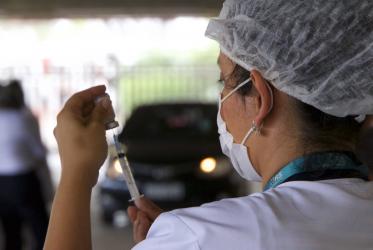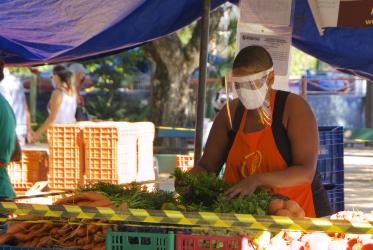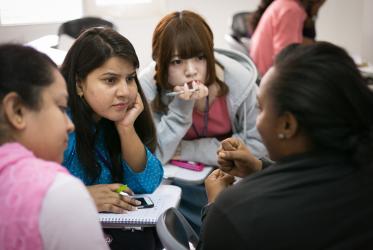Displaying 1 - 20 of 64
Applications open for upcoming Young Adults Training for Religious Amity
15 September 2022
Dr Abuom reflects on women of faith as healers of creation
05 October 2021
A passionate Korean feminist and ecumenist
21 August 2019
WCC continues to receive 70th anniversary greetings
14 November 2018
#WCC70: Nathan Söderblom, ecumenical pioneer
29 August 2018
#WCC70: A story of life
07 June 2018
Pope Francis at the World Council of Churches
31 May 2018
Unifying faiths in peace and harmony through dialogue
10 April 2018
















